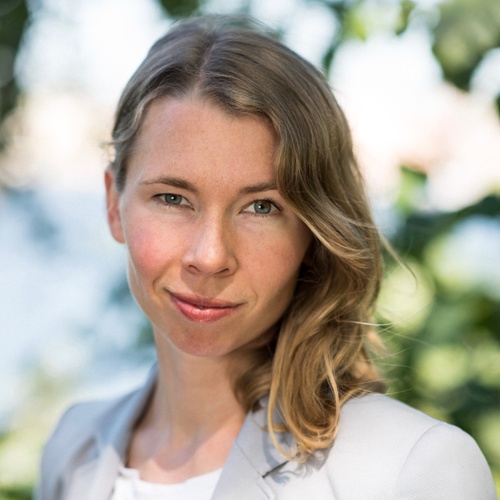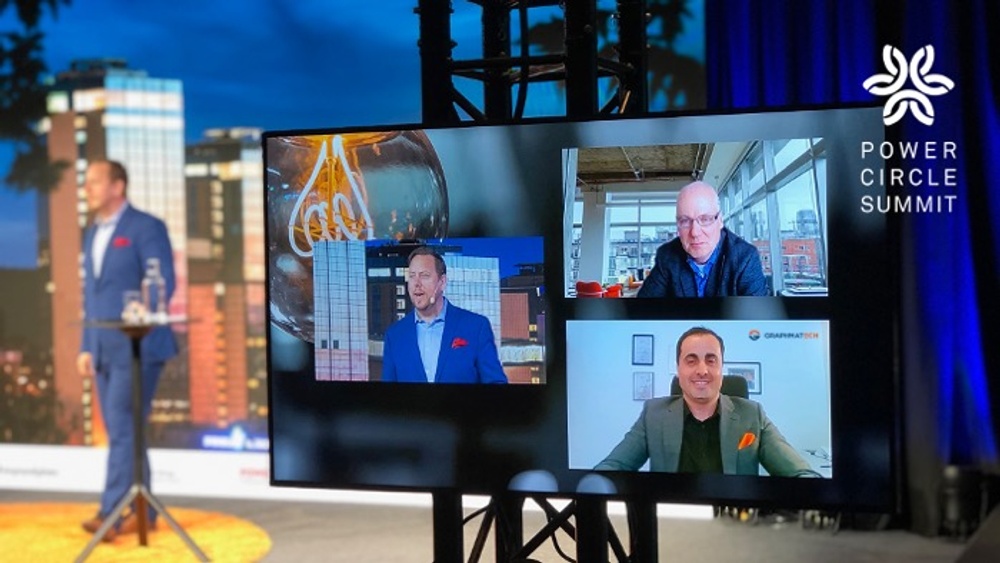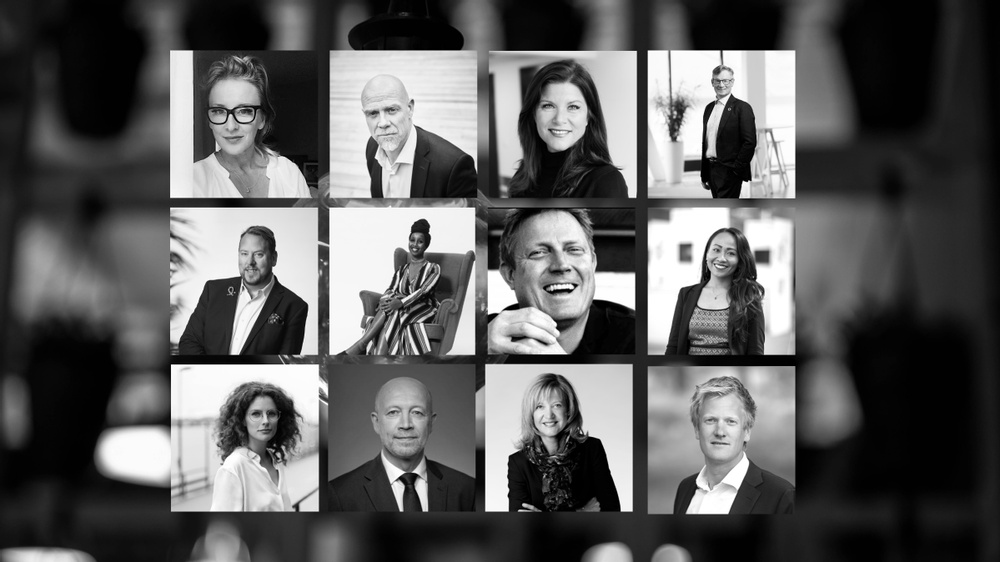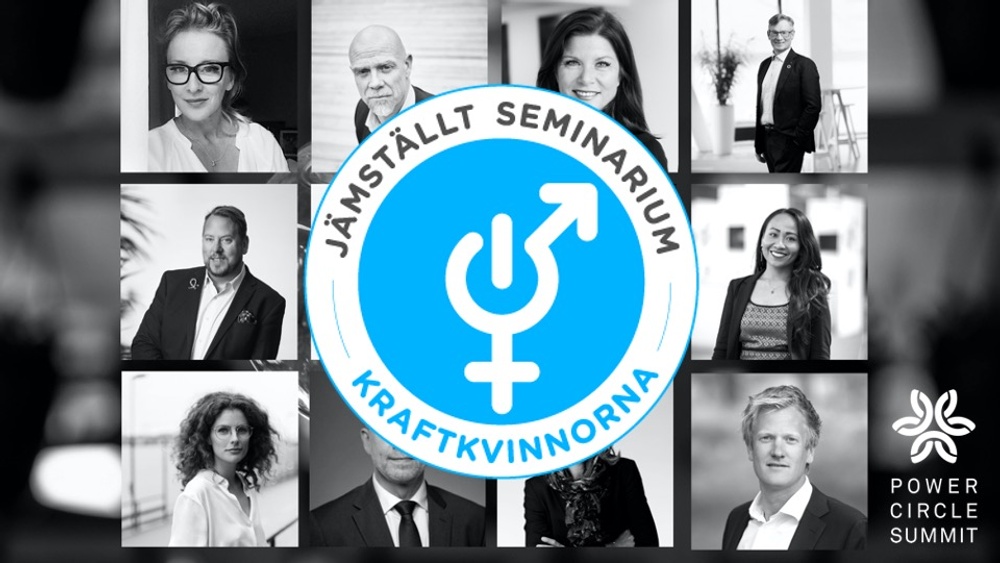Connecting the world to clean power
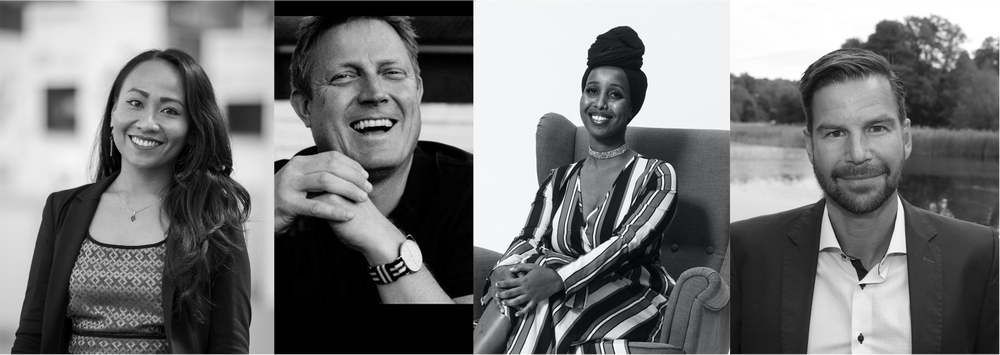
Almost one billion people globally still lack access to electricity today. Thanks to the fast development of technologies for solar and wind power, batteries and microgrids, in combination with digitalization new opportunities have opened up that can change this situation. But how fast can the transition be? How can Swedish companies contribute to this development and conversely, what can they learn from these regions? At Power Circle Summit 2021, panelists with a broad experience from working on both strategic level and “on the ground” discussed the topic.
The four panelists getting together at Power Circle Summit in May 2021 were Faisa Abdi, CEO at QC Renewable Energy, an energy access start-up with roots in Sweden and East Africa; Jonas Jonsson, partner and co-founder of Stella Futura, and impact energy company developing renewable energy and financing solutions; Ola Hansén, senior adviser at WWF with experience from supporting WWF’s energy access initiatives in Africa; and Sergina Loncle, Associate Director at Kopernik, an R&D lab based in Indonesia working to reduce poverty in the last mile. In this article, we summarize the discussion on this very important topic.
It is clear that what the four panelists – working with everything from powering hospitals to providing basic solutions to remote rural households – have in common are their passion for achieving SDG 7 of ensuring access to affordable, reliable, sustainable and modern energy for all. They are also keen on pointing out the many related benefits coming with access to clean energy: in addition to preserving ecosystems and reducing emissions from use of diesel generators, burning of biofuel or kerosene, clean energy creates effects on health, gender equality, income and people’s everyday lives.
The price of solar cells and batteries are coming down by the day and good technical solutions for off-grid applications have been available for years now. Based on this, we asked the panelists what is needed to accelerate access these solutions in developing countries. One of the key aspects named by the panelists were the importance of understanding local market conditions: speaking the language, understanding the culture, having people employed locally and working with local partners.
Listen to Faisa Abdi expanding on the importance of education, recycling and knowing the local market conditions (video in Swedish).
Another key factor mentioned by all the panelists was the role of women - it seems clear that involving women in everything from program design to implementation and operation and maintenance is a strong prerequisite for success. Women are most affected by energy poverty and therefore has a lot to gain. The positive impacts of involving women in building out clean energy also spread to the wider community by women reinvesting a large share of their income into their families and communities.
We believe that women, when empowered, are vital to facilitating energy access where it is needed the most. - Sergina Loncle, Kopernik
Another success factor is education and information. Informing about the benefits of clean energy solutions and educating people locally to build out, operate and maintain are key to create momentum and long-lasting sustainability. A problem identified by several of the panelists are that cheap low-quality products are “dumped” in African markets, creating unnecessary distrust and skepticism towards the solutions.
This leads us to factors that currently slow down development and how Swedish or European companies and organizations can contribute and take part. Presenting high-quality products and helping in developing standards for technology is one way, to address the issue mentioned above. Another hurdle slowing down deployment is access to financing, which to a large extent is due to investors’ risk aversion and lack of understanding of the markets and their potential. Despite the extremely strong driving force to access clean and cheap electricity that off-grid solutions can provide, the potential of smaller scale distributed solutions is still underestimated relative to large, centralized energy infrastructure.
Kopernik believes that ideas and potential solutions should be tested first and that impact should be demonstrated before large investments are made. Stella Futura explained how collecting and presenting data on performance of the off-grid systems is critical to inform and educate investors and tap into the large amounts of capital available globally that seeks investments in sustainable solutions. Organizations administering aid also has a role to play in reducing complexity for companies and programs applying for their funds.
Listen to Jonas Jonsson talking about drivers for distributed energy solutions, how to finance the development and what we can learn from what happens in developing countries (video in Swedish).
Finally, all panelists highlight the large potential both for investors – especially those interesting in profit with impact – and technology and solutions providers that can bring their innovations and products to emerging markets in Africa and beyond. We hope that this blog post has inspired you to investigate your company’s possibilities to access this market of 1 billion people, and first and foremost – contribute to clean energy for all.
Tip: If you want more inspiration, check out Kopernik’s platform called VR for SDGs to helps to illustrate challenges that need to be addressed to achieve the SDGs!
Om Power Circle
Power Circle samlar den nya energibranschen kring viktiga framtidsfrågor. Tillsammans med cirka 90 partnerföretag verkar Power Circle för hållbar utveckling genom elektrifiering. Verksamheten inriktas på nätverk, kunskapsspridning och påverkan inom framtidsfrågor som smarta elnät, energilager, elektrifierade transporter och förnybar energi.
Kontaktpersoner
